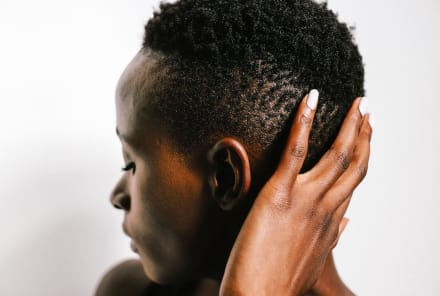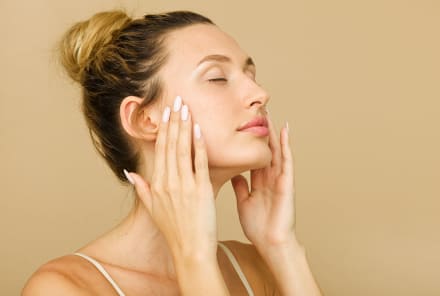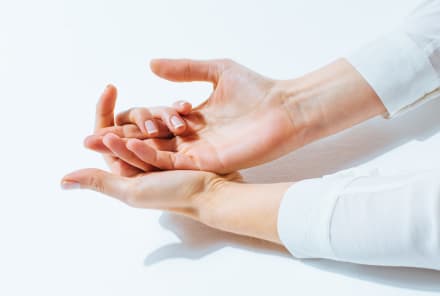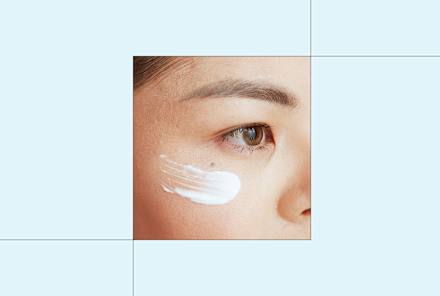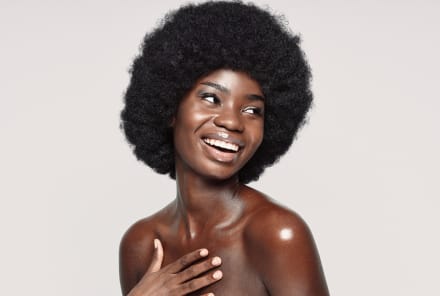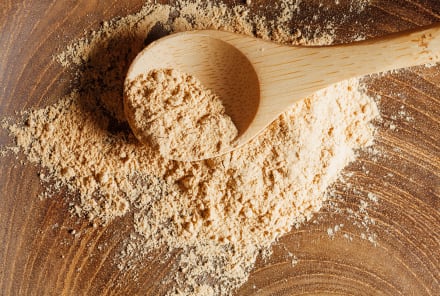Advertisement
This Common Habit Can Lead To Hair Damage & Breakage — Are You Doing It?

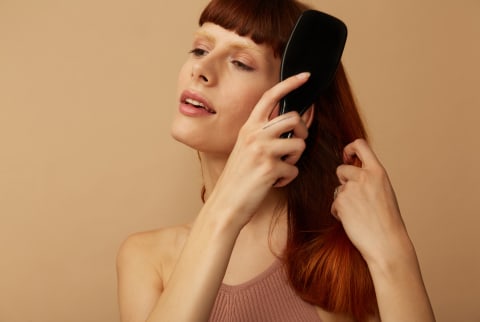
Transforming dry, damaged locks is no easy task. The road to healthy hair can be a long one, especially if you've been using hot tools on the daily. Luckily, there are plenty of products on the market that encourage stronger, healthier hair—but even if you have all of the bond-builders in the world, some sneaky habits can quickly intercept all your progress.
Here, find one common blunder that can easily lead to breakage, especially for already damaged strands.
How sleeping with wet hair can lead to damage
It's a sad truth for those with thicker, slow-drying locks: Sleeping with wet hair isn't the best idea. When your strands are wet, your hair and scalp are actually more vulnerable to damage.
A few specific risks include, "unwanted bacteria, fungal infections, skin irritation, itchiness, dryness, redness, and dandruff," hairstylist Miko Branch, co-founder of hair care brand Miss Jessie's, previously told mbg.
What's more, sleeping with wet hair may lead to increased tangling and split ends. So if your hair tends to knot easily or frizz at the tips, you may want to make sure your locks are completely dry before bed or opt for morning showers instead.
If you can give your hair more time to air-dry (i.e., shower earlier in the evening), that'll do the trick. Otherwise, opt for a quick blow-dry to get most of the excess water out. Your hair doesn't need to be perfectly dry; just a quick blow will do. Just make sure to use a low heat setting—as we mentioned, frequent heat styling is a recipe for weakened strands.
However, if you don't think your hair is that damaged (by heat, bleach, etc.), then you may be A-OK sleeping on damp strands. Just pay attention to how your hair and scalp feels and looks (yes, actually look at your scalp in the mirror), and perhaps invest in a silk or satin pillowcase to minimize friction.
If you aren't experiencing any of the problems Branch mentioned, that's one sign you may be able to keep sleeping on wet hair if you want to. After all, not everyone is a morning shower type of person.
The takeaway
Sleeping with wet hair can lead to a host of problems for your strands and your scalp, as hair is structurally weakest when it's wet, which means it's more prone to damage. Rather than going to bed with sopping wet locks, shower earlier in the evening or do a quick blow-dry before you hit the hay. And if you're committed to keeping your strands thriving, consider building out a full routine—here's a full guide to get started.
